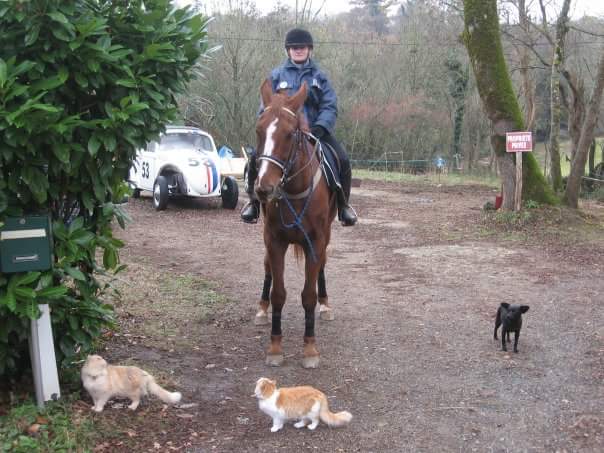Horses, Meat, Forged Paperwork Seized in European Raid

About 20% of the horse’s passports showed signs of forgery, stated authorities at Europol, the European equivalent of the FBI, working in collaboration with Interpol. This means the horses might have been the ones described in accompanying identification papers.
Marked “Not for Food”
Passport forgery could also mean the horses should have been excluded from the food chain, said Julie Schneider, director of identification and audit at France’s national horse and equitation institute (IFCE) and national equine registry (SIRE). European horse owners can choose to permanently block their horses from the meat trade by checking a box on their passports for exclusion. They might do so for personal preference or for human health reasons if the horse receives medications that could endanger humans.
However, if the passport doesn’t match the horse, the slaughterhouse doesn’t read the passport, or forgery has occurred, the horse could be slaughtered anyway, she said
Create a free account with TheHorse.com to view this content.
TheHorse.com is home to thousands of free articles about horse health care. In order to access some of our exclusive free content, you must be signed into TheHorse.com.
Start your free account today!
Already have an account?
and continue reading.

Related Articles
Stay on top of the most recent Horse Health news with

















